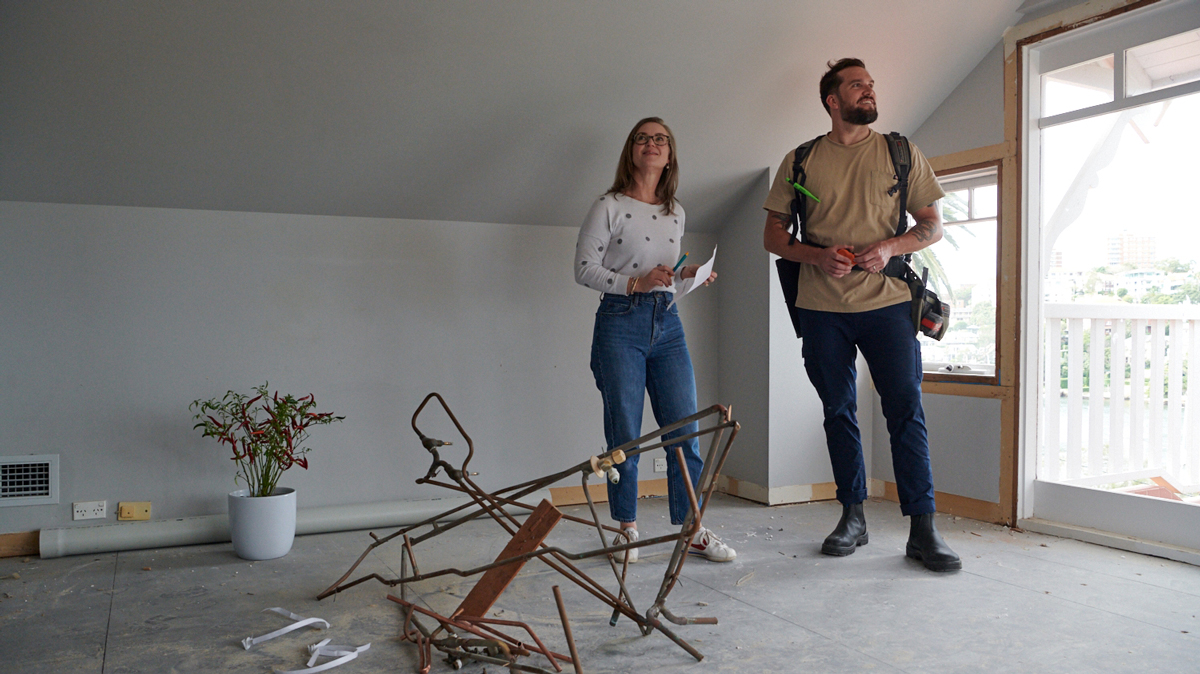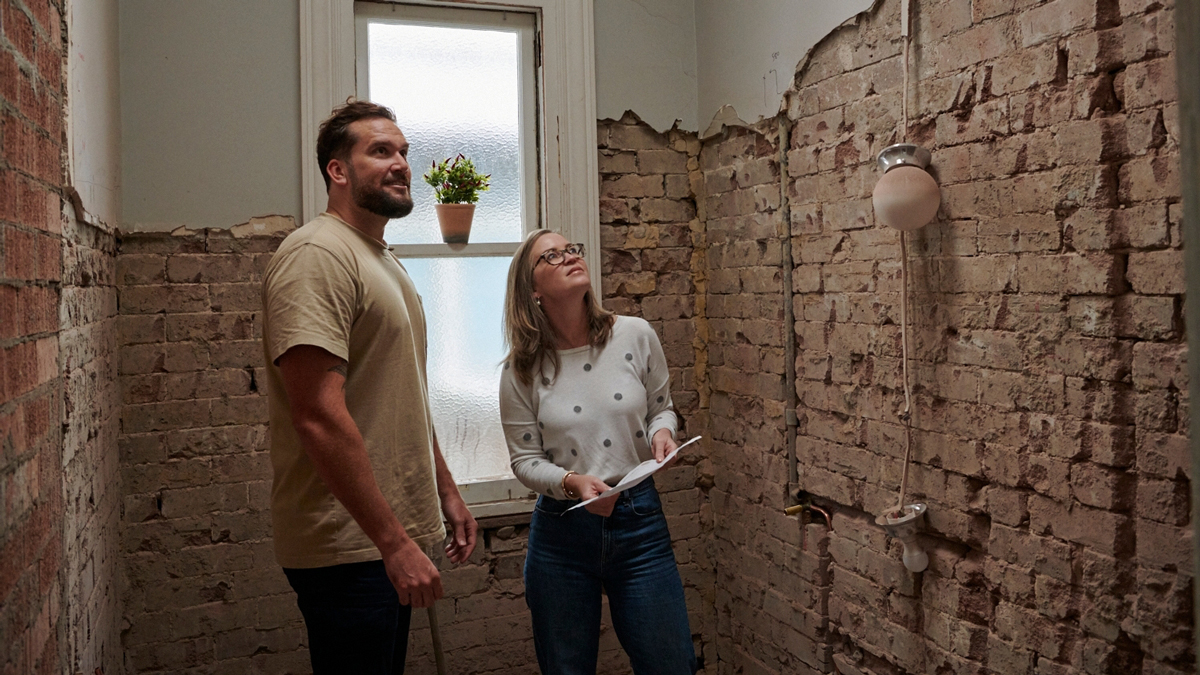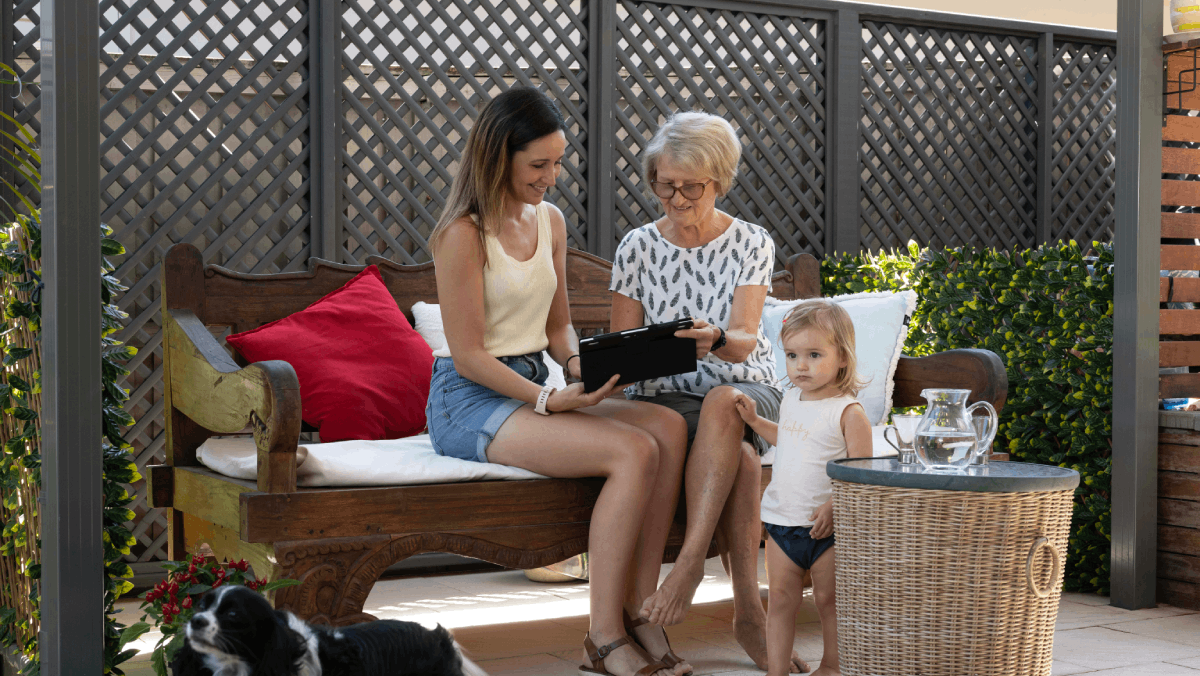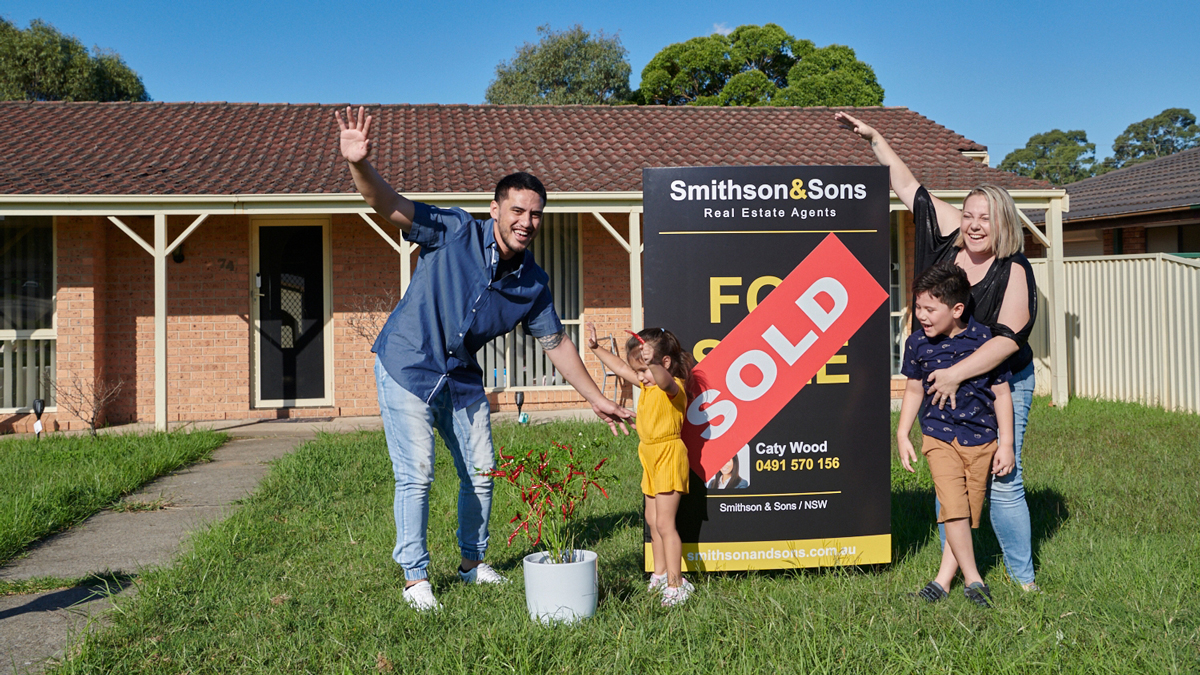The real life guide to buying a second home

Last updated: 22 May 2024 | Estimated read time: 5 Minutes
Navigate this article
Is now a good time? | How to buy a second home | Can I live in my investment property?
More than two million Aussies own a second property1. Whether you're keen to expand your real estate portfolio or dreaming of a holiday home, here are some considerations around buying a second home.
There may be many motives to buy a second home, two common reasons are as an investment, or for lifestyle. The first of these involves fairly rational decisions: choosing the right location at the right price, and receiving rental income and the potential for capital growth in the future. But if you’re thinking about buying a holiday house, a city pad for work, or a one-day-we’ll-retire-here home, it’s not always about the numbers.
Is now a good time to consider buying a second home?
So how does equity work when buying a second home? Well, if you already own the home you live in, you might be able to use the equity you’ve built up to buy a second home or investment property. That means you don’t need to save up another deposit to buy your second home.
Here’s a few things to consider before you start house-hunting.
Buying a holiday home
The idea of owning your very own patch of serenity near the beach or bush might be appealing. You have the freedom of a familiar holiday spot to use whenever you like and share with family and friends.
However, if you’re planning to cover at least some of the costs of owning a holiday home with regular holiday rentals, it could be a good idea to first add up all the expenses involved.
When Sara and Jason bought a second home a few hours north of Sydney, they were sold on the opportunity to split their time there with Airbnb rentals. But even with the house booked consistently for 10 weeks a year, the costs far outweigh the income. As well as the interest on the home loan, there are all the expenses of running it as a holiday rental – from property management, cleaning and linen service right down to the shampoo and coffee pods.
However, they see their second home as a long-term investment in lifestyle, rather than an income generator for today. They can work from there, share the space with their kids and friends, and one day plan to retire there.
Investing in a family haven
If you have adult kids still living at home, or elderly parents struggling with rising rent costs, you could buy an investment property and be their landlord.
It could be a good idea to consider a location that ticks the right boxes for a broad range of future tenants – close to transport, schools and employment, for example. For more information read our real-life guide to buying an investment property.
Buying a work-based residence
Over 70,000 Australians moved to regional areas2 during the pandemic. If you’re one of them and now need to work in the city again a few days a week – or if work now requires you to travel interstate regularly – it could be an option for you to buy a second home near your office.
Planning now for future retirement
You could also look into buying a second home in your dream retirement spot and rent it to a long-term tenant until you’re ready to move in.
All these second home options could be treated as an investment for tax purposes. That means you can offset any costs involved with owning the property – including your home loan interest – against your taxable income. This is called negative gearing.
However, you’ll also pay capital gains tax if you sell a property that is not your primary residence. It’s important to understand all the options available to you, so you can decide if buying a second home is the right thing to do for your individual situation.
How to buy a second home
Buying your second home is a similar process to your first. And you’ll still need a 20% deposit if you’re looking to avoid paying Lender’s Mortgage Insurance or other risk fees – but this time you may not need to save the full amount up.
Can I live in my investment property?
You can live in an investment property (and so can your family), unless you buy your second home through your Self-Managed Super Fund. There are specific rules for investing in property through an SMSF, including that no one in your family lives in the home. Not even as a tenant or holiday rental.
How we can help
Buying a second home is a big financial commitment. It’s a good idea to talk with a financial adviser or broker first to discuss your goals, and make sure your plans are realistic.
If you’re ready to take the next step, our team can help. Call us on 137 377 or enquire online and we’ll be in touch.
Sources:
1 Australian Bureau of Statistics. Housing Occupancy and Costs: https://www.abs.gov.au/statistics/people/housing/housing-occupancy-and-costs/2019-20#data-download
2 Australian Bureau of Statistics. Growth in the regions during the pandemic https://www.abs.gov.au/media-centre/media-releases/more-growth-regions-during-pandemic
Sign up to our newsletter
If you like this article, you'll love our monthly Real Lives newsletter.
Personal information is collected, used, stored and disclosed in accordance with Privacy Policy. You can opt out of this newsletter at any time by using the unsubscribe link provided at the bottom of each email.
Information provided is factual information only and is not intended to imply any recommendation about any financial product(s) or constitute tax advice. If you require financial or tax advice you should consult a licensed financial or tax adviser.
All applications for credit are subject to credit assessment, eligibility criteria and lending limits. Terms, conditions, fees and charges apply.
The results of the borrowing power calculator are based on information you have provided and is to be used as a guide only. The output of the calculator is subject to the assumptions provided in the calculator (see 'about this calculator') and are subject to change. It does not constitute a quote, pre-qualification, approval for credit or an offer for credit and you should not enter commitments based on it. The interest rates do not reflect true interest rates and the formula used for the purpose of calculating estimated borrowing power is based on the assumption that interest rates remain constant for the chosen loan term. Your borrowing power amount will be different if a full application is submitted and we complete responsible lending assessment. The results in the calculator do not take into account loan setup or establishment fees nor government, statutory or lenders fees, which may be applicable from time to time. Calculator by Widgetworks.
Pepper Money Personal Loans is a brand of Pepper Money Limited. Credit is provided by Now Finance Group Pty Ltd, Australian Credit Licence Number 425142 as agent for NF Finco 2 Pty Limited ACN 164 213 030. Personal information for Pepper Money Personal Loans is collected, used and disclosed in accordance with Pepper’s Privacy Policy & the credit provider’s Privacy Policy.
Pepper Money Limited ABN 55 094 317 665; AFSL and Australian Credit Licence 286655 (“Pepper”). All rights reserved. Pepper is the servicer of home loans provided by Pepper Finance Corporation Limited ABN 51 094 317 647. Pepper Asset Finance Pty Limited ACN 165 183 317 Australian Credit Licence 458899 is the credit provider for asset finance loans.
Pepper and the Pepper Money logo are registered trademarks of Pepper Group Assets (Australia) Pty Limited and are used under licence.




